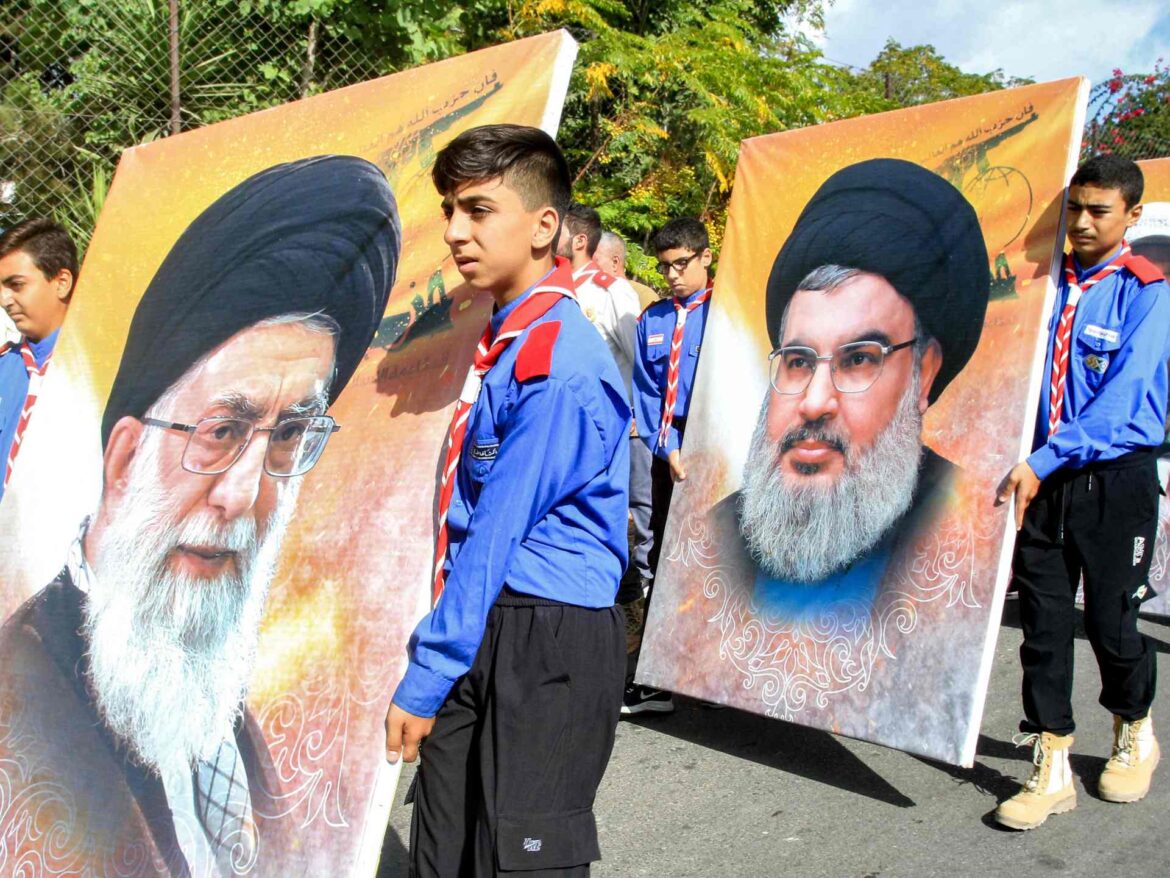The Guardian newspaper said that the Israeli air strike on Hezbollah’s leadership in Lebanon will have far-reaching effects on Tehran and Washington, and has taken the eastern region to the brink of the abyss, especially after the confirmation of the killing of Hezbollah leader Hassan Nasrallah.
The newspaper explained – in a report written by Patrick Wintower – that US Secretary of State Anthony Blinken was prescient when he said that the coming days would determine the future course of the Middle East, although at that time he hoped to persuade Hezbollah and Israel to step back from the brink of the abyss.
As for Tehran, it faces the fateful choice that it has always sought to avoid, and to which its new reformist leadership did not want to submit. Its credibility is at risk if it contents itself with an angry condemnation of Israel’s destruction of a pivotal piece of the resistance it has painstakingly built, or by calling on others to take unspecified measures.
However, the writer believes that pragmatism may push Iran to advise Hezbollah to bear the losses and accept a ceasefire, even if it does not lead to achieving its declared goal of a ceasefire in Gaza. However, if it launches a direct military attack, it must know that it will engage in a battle with an army. It has superior combat, technological and intelligence capabilities, especially since Israeli intelligence has penetrated deep into Hezbollah and may have done the same in Tehran, according to Winthauer.
The worst time
As for the new President Masoud Pezeshkian, who was elected on the basis of lifting economic sanctions by building better relations with the West, the killing of Nasrallah could not have come at a worse time, after a week of meetings in New York between his Foreign Minister Abbas Araghchi and European politicians such as German Foreign Minister Annalena Baerbock and British Foreign Minister David Lammy, in an attempt to persuade them to reopen talks to restore the nuclear agreement that was concluded in 2015 and torn up by former US President Donald Trump in 2018.
Therefore, the killing of Nasrallah makes it difficult for the reformists to convince the Iranian army that the olive branch still has meaning, especially since Pezeshkian is not inclined to believe the United States’ claim that it had no prior knowledge of the plan to kill Nasrallah, because the bombs that exploded in Beirut were provided by the United States. United States of Israel.
In a statement likely to amount to a freeze on negotiations, Iranian Supreme Leader Ayatollah Ali Khamenei called on Muslims on Saturday to “stand with the people of Lebanon and Hezbollah by all available means and help them confront the evil regime of Israel,” which for the United States means diplomatic humiliation and a display of its impotence. Or her refusal to control her annoying ally.
However, in some ways – as the writer says – this was the culmination of about 12 months of an American strategy that is now in ruins, because whenever it has asked Israel for something since the attacks of October 7, 2023, Israeli Prime Minister Benjamin has avoided it. Netanyahu responds clearly, and then ultimately ignores Washington, which provides him with the ammunition he needs every time.
With the presidential election approaching, and Netanyahu enjoying a surge in his domestic popularity, as well as fewer Arab countries shedding tears for Nasrallah, the United States appears to have few options. Unless Iran proves more assertive than it has been so far, Netanyahu will be… The great survivor who takes the lead.



